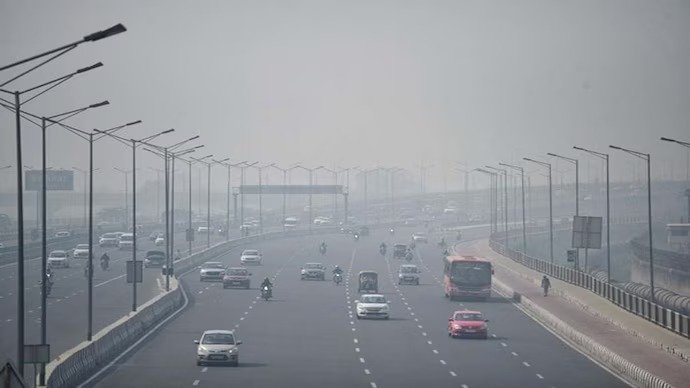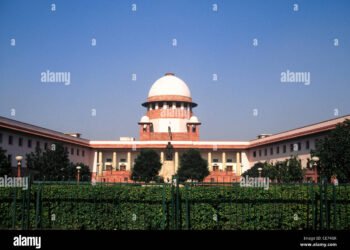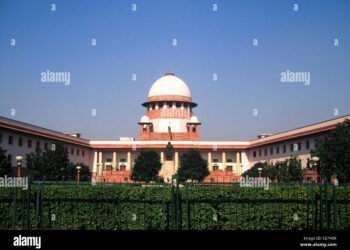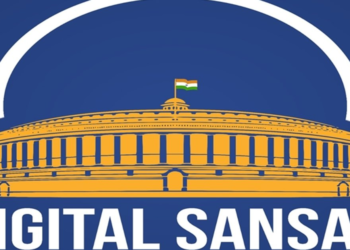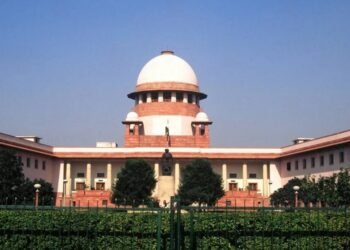On Monday, the Supreme Court declined to ease the strict restrictions on air pollution specified in Stage 4 of the Graded Response Action Plan (GRAP) until there is a steady decrease in the Air Quality Index (AQI) in Delhi and nearby regions.
A bench consisting of Justices Abhay S Oka and Augustine George Masih criticized the authorities, including the Municipal Corporation of Delhi (MCD), Delhi Pollution Control Committee (DPCC), and the Commission for Air Quality Management (CAQM), for their poor coordination.
The bench observed that there is barely any application of Stage 4 of GRAP to tackle air pollution in the national capital, issuing pointed questions to the Delhi government. It requested information regarding the assignment of officers to implement restrictions, especially the prohibition on trucks entering Delhi.
Also read: On way to first posting, Karnataka IPS officer dies in road accident
“Very shocking things are revealed from reports of court commissioners. There is a complete lack of coordination between the Delhi government, MCD, DPCC, CAQM and other authorities. It is on commission to ensure coordination so GRAP IV is implemented,” the Bar and Bench quoted the top court as saying.
Additionally, the Supreme Court has called upon the chief secretaries of NCR states, such as Delhi, Haryana, Uttar Pradesh, and Rajasthan, to join via video conferencing at 3.30 pm on December 5 to confirm if compensation has been given to construction workers rendered unemployed due to the pollution restrictions.
In reaction to the Supreme Court’s comments, lawyer Shadan Farasat, who represents the Delhi government, stated that they would investigate claims of not adhering to the GRAP restrictions.


